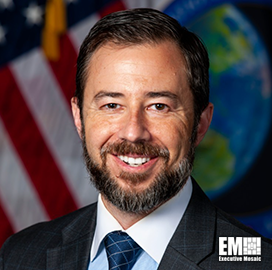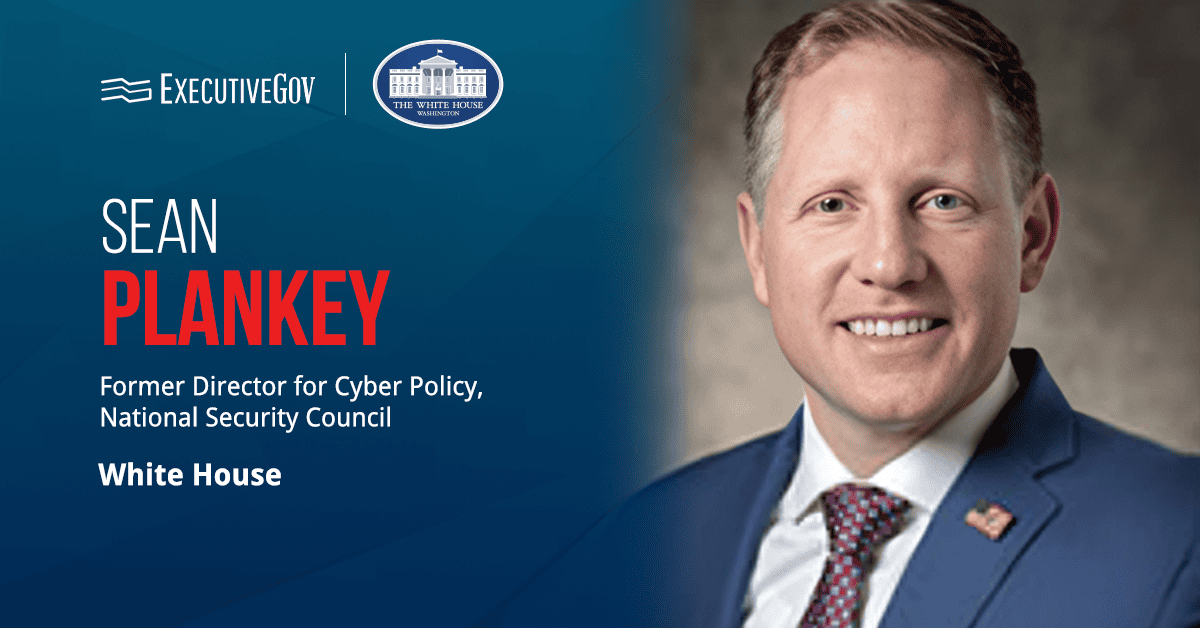Vice Adm. Robert Sharp, director of the National Geospatial-Intelligence Agency and two-time Wash100 Award winner, plans to formalize a new strategy that would urge agencies to prioritize using commercial services over government-owned systems, Federal News Network reported Thursday.
Dave Gauthier, the agency’s director of commercial and business operations, said the strategy would allow agencies to explore new geospatial technologies and services offered by the private sector.
Gauthier said the agency has focused on commercial analytic services and, over the past six months, launched new contracts for commercial radar and radio frequency alerts.
“It is changing the way our analysts and operators think about how to solve problems,” he told Federal News Network regarding the shift to commercial services.





